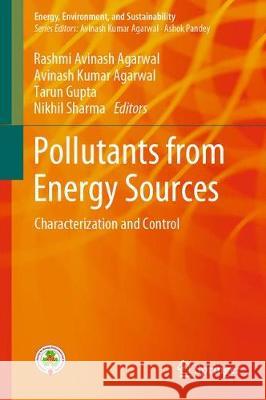Pollutants from Energy Sources: Characterization and Control » książka
topmenu
Pollutants from Energy Sources: Characterization and Control
ISBN-13: 9789811332807 / Angielski / Twarda / 2018 / 346 str.
Kategorie:
Kategorie BISAC:
Wydawca:
Springer
Seria wydawnicza:
Język:
Angielski
ISBN-13:
9789811332807
Rok wydania:
2018
Wydanie:
2019
Ilość stron:
346
Waga:
0.86 kg
Wymiary:
23.5 x 15.5
Oprawa:
Twarda
Wolumenów:
01











